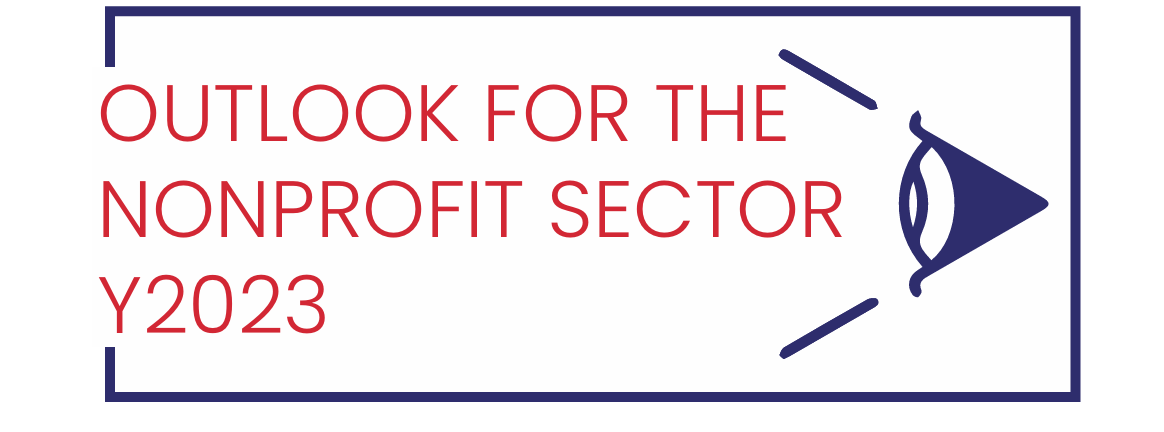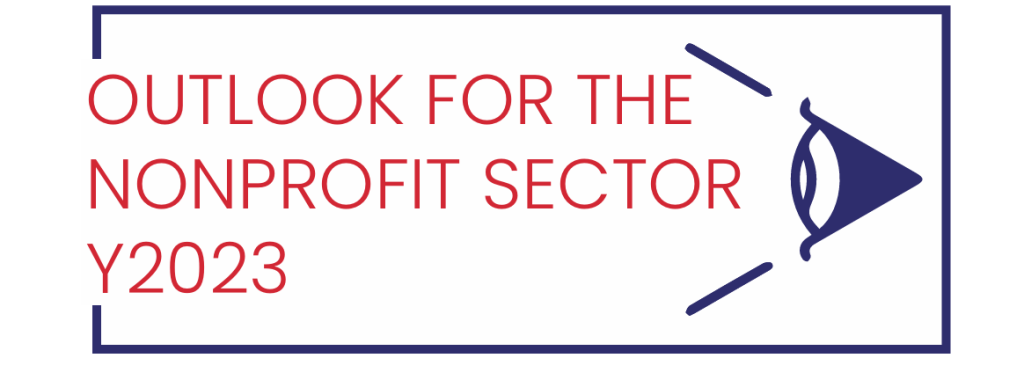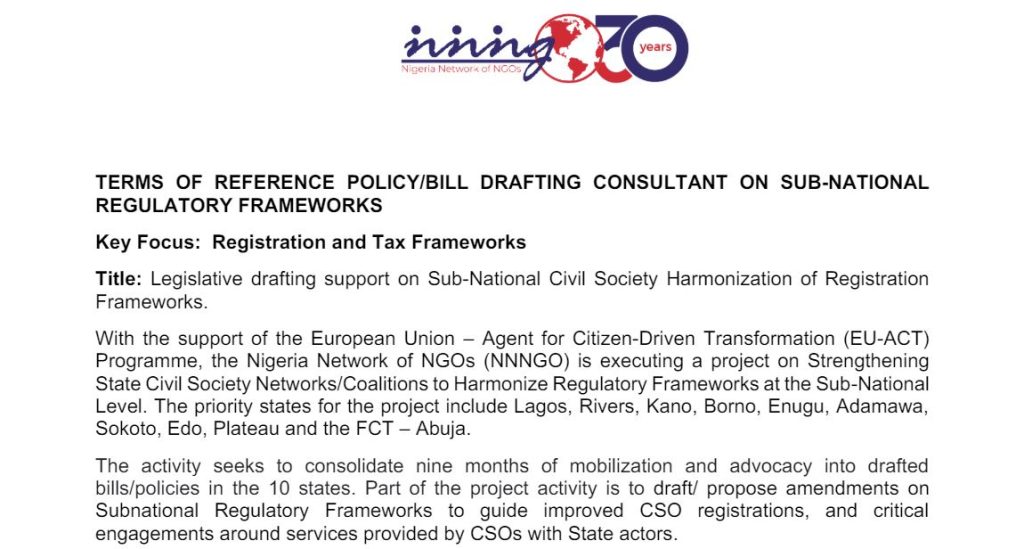Category: Blog
Hands of God Widows Support Initiative to Empower Widows in Nigeria on International Widows Day
Hands of God Widows Support Initiative to Empower Widows in Nigeria on International Widows Day
As the world prepares to observe International Widows Day on June 23rd, the Hands of God Widows Support Initiative (HOGWIN) is raising awareness about the challenges faced by widows in Nigeria. With the theme “Innovation and Technology for Gender Equality,” HOGWIN is hosting an event in the Igbogbo community, located in the Ikorodu area of Lagos, to commemorate IWD2023.
Widows and their dependent children often suffer from severe human rights violations, including poverty, ostracism, violence, destitution, and discrimination, both legally and culturally. To address these issues, HOGWIN’s Executive Director, Phranklin Audu, announced that widows will receive small business grants and opportunities for skill acquisition in the fashion industry and other vocations.
According to Audu, International Widows Day presents a critical opportunity to act and ensure the full rights and recognition of widows. This includes providing widows with information on inheritance rights, access to productive resources, fair pensions, and social protection.
“At HOGWIN, we are dedicated to investing in the empowerment of widows and their children. We firmly believe in enabling them to lead productive and fulfilling lives after the loss of their breadwinner.” Phranklin Audu noted, he also emphasized the need for the government to fulfill its commitments by upholding widows’ rights as enshrined in international conventions such as the Convention on the Elimination of All Forms of Discrimination Against Women and the Convention on the Rights of the Child.
HOGWIN advocates for comprehensive programs and policies aimed at ending violence against widows and their children, poverty alleviation, education, and other forms of support, including – launching a fund-raising campaign(documentary) to raise awareness and advocate for widows’ rights in Nigeria. These initiatives, in alignment with the Sustainable Development Goals are all part of Hands of God Widows Support Initiative’s current efforts to assist widows in the society.
International Widows Day is observed annually on June 23rd as a United Nations Day of action to address poverty and injustice faced by millions of widows and their dependents in many countries.
About Hands of God Widows Support Initiative:
Hands of God Widows Support Initiative (HOGWIN), a member organization of the Nigeria Network of NGOs is dedicated to championing the rights of widows in rural communities in Nigeria, in line with Sustainable Development Goals 1, 3, 5, 8, and 17.
Press Release for Development Dialogue 2022
Press Release for Development Dialogue 2022
Theme: “Good Governance & Public Policy: The Roadmap to Rebuilding the Nation“
Thursday, November 24th2022
Ideation Hub Africa (IHA) is pleased to announce that the 8th edition of Development Dialogue is scheduled to hold on November 24th 2022 as a virtual summit.
This executive conference themed “Good Governance & Public Policy: The Roadmap to Rebuilding the Nation” will convene African Leaders,nation-building enthusiasts, policy shapers, Development Practitioners, Non-profit Professionals, Social Innovators, Impact-driven Entrepreneurs, and Changemakers across Nigeria and Africa and other key players, in Africa’s development sector to lead and participate in insightful discourse around building a New Nigeria and Africa, fostering discussions on good leadership and public policy in Africa to achieve greater social impact and transformation to create more purposeful work for Africa’s future!
When considering a better future in Africa, we cannot ignore our leadership system, because a nation or a Continent is a reflection of its leadership. Leaders shape and mold their countries in the form they want, and determine the course of events and actions in their countries.
Debola Deji-Kurunmi, Executive Director of Ideation Hub Africa (Convener, Development Dialogue) expressed enthusiasm saying the conference will bring together young and emerging African leaders, policy shapers, social innovators and nonprofit leaders to drive policy conversations, as well as share the most pragmatic insights for good governance in Nigeria, and across Africa.
Through the Dialogue, you will:
- Strengthen competencies for shaping beneficiary-centric policies that impact nation-building and deliver highest impact for public good.
- Expand your leadership capacity to understand pressing problems and critical challenges in African communities, as well as craft workable solutions.
- Understand Nigeria’s current governance structure, and how to contribute meaningfully through private sector participation, non-profit collaboration, academic and research inputs etc.
- Join a Leadership ThinkTank during the Conference, and learn how to craft a Blueprint that creates real solutions especially for underserved African communities. Your contributions will shape Policy Papers we are curating for governments.
- Acquire important knowledge and skills for problem-solving, critical thinking, goal setting and social innovation, especially as you take your work forward in 2023
- Connect with other super-achievers working in government, civil society, non-profits, social enterprises, academia and impact-driven projects.
- Access courses and conference replays from Social Innovation School to turbocharge your learning goals
We want to inspire conversations on how to amplify the voices of African citizens and engage them in facilitating systemic change through the building of strong and working relationships with the government, private sectors and civil society that will supply the necessary support to contribute to good governance and influence policies that truly deliver results and sustainable societal transformation across the African Continent.”
At Ideation Hub Africa, we believe the way to advance Nigeria’s prosperity is through its social profit sector in collaboration with other sectors! This is why at this year’s Development Dialogue, we will host thousands of virtual attendees to an unforgettable experience of learning, sharing, creating innovative solutions, forming collaborations to influence good leadership, governance, policies, and mapping out new possibilities that will birth new ideas and vision of a New Nigeria and African Continent.
The 8th edition of Development Dialogue is expected to be a ‘Big Conversation on Pragmatic African Leadership’ for stakeholders across the civil society, government, public and private sectors to raise burning issues, critically analyze Africa’s current situation affecting the continent and leadership structures and identify innovative steps in birthing a New transformational change across the African Continent.
Since 2015, Ideation Hub Africa has built a 20,000+ member ecosystem of Social Innovators, Changemakers and Nation Builders working to achieve the SDGs across 25 African Countries.
For more information on registration, visit https://ideationhubafrica.org/dd2022/
Watch our ED’s Exclusive Invitation to this year’s dialogue: https://www.youtube.com/watch?v=jxD9Vdvg55o
Security Note from Nigeria Network of NGOs.
Following the issuance of security alerts by the Governments of the United States and United Kingdom and the subsequent withdrawals of their citizens from Abuja, Nigeria’s capital, we encourage our members across the country and in Abuja specifically to please stay alert and vigilant to any perceived threat to their lives and properties.
While the Inspector General of Police, IGP Usman Baba has assured Nigerians that there is no imminent threat in Abuja or anywhere else in the country, we enjoin members to minimize travels, physical gatherings- conferences and workshops, or campaigns where possible at this time until all indications of impending chaos subside.
We urge members to develop and execute security plans for their organisations including large gatherings. In case there are donor supported events you have planned in Abuja, please reach out to your donors asking for a delay in implementation or change in venue to other parts of the country. Remember this will have cost implications that may need to be negotiated with your grant officer. Organisations based in Abuja may also consider a work from home policy in order to guarantee the safety of their staff.
We encourage CSOs to remain cautious and vigilant in public places especially where crowds gather, including conferences, workshops, places of worship, markets, shopping malls, hotels, bars, restaurants, football viewing centres, displacement camps, transport terminals (including train networks), government buildings, security, and educational institutions (schools, further education colleges and universities are all regular targets), and international organisations.
We encourage our members and their staff, especially within the FCT, to stay alert and report any suspicious or abnormal occurrence and persons to the Police through the following emergency lines as provided by authorities: 08032003913, 08061581938, 07057337653, and 08028940883
Tips for Navigating a Terrorist Attack
These tips apply whether you’re in a public or private space.
Before an Incident
- Be vigilant. Terrorist attacks usually happen in public places. Keep a watch for suspicious behaviour, vehicles, or packages.
- If you have any fears or suspicions, tell the police.
- When you’re in buildings and on public transport, make sure you know where the emergency exits are.
During an Incident
- We know it is hard to do but try your best to remain calm and patient but stay as alert as you can. Find the safest way to leave the area. Move as quickly and calmly as you can. If you cannot find an exit, find a good hiding spot, and stay there till you are sure it is safe to leave.
- If there’s an explosion outside a building or you hear gunshots, stay inside or as far from the explosion area as you can. Keep away from windows, lifts, and outside doors in case there’s another bomb nearby.
- If there’s a fire, stay low to the floor and exit as quickly as possible. Cover your nose and mouth with a wet cloth if you can. If a door is hot to the touch, don’t open it.
- If you saw the explosion or any suspicious behaviour, tell the police.
- If the event occured near/close to you, carefully but thoroughly check your body for injuries.
After an Incident
- Help others with first aid if it’s safe to do so. Tell the police if you saw anything that might be useful.
Source: British Red Cross
Do not hesitate to reach out to us at {email] and [phone number] in case of an emergency.
Sincerely,
The NNNGO Security in the Field Team













